Anemia and the Importance of Iron for Pregnant Women
Anemia is a common health issue that can affect individuals of all ages, but it has a particular impact on pregnant women. Anemia is defined as a deficiency in the number of red blood cells or the level of hemoglobin in the blood, which is the protein responsible for transporting oxygen throughout the body. Iron is one of the essential nutrients needed by the body to produce hemoglobin, and thus, iron deficiency is one of the most common causes of anemia, especially during pregnancy.
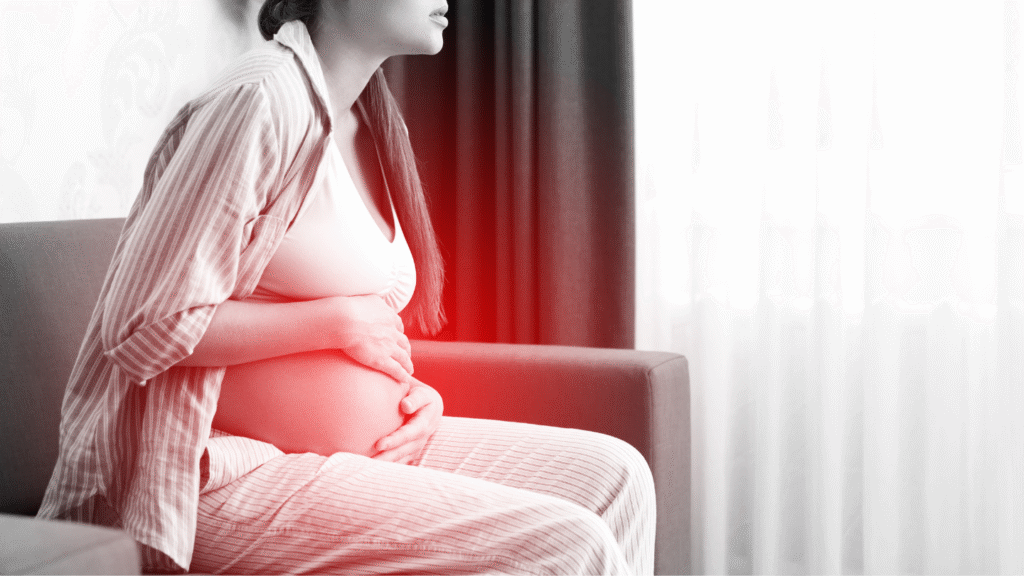
Causes of Anemia in Pregnancy
During pregnancy, the volume of blood in the body significantly increases to meet the needs of the growing fetus. This leads to an increased demand for several key nutrients, especially iron. Pregnant women require larger amounts of iron because of:
- Increased Blood Volume: The body needs more iron to form new red blood cells that carry oxygen to the fetus.
- Fetal and Placental Growth: The growing fetus and placenta require additional iron to support the development of organs and tissues.
- Hormonal Changes: Hormonal changes during pregnancy affect iron absorption and distribution in the body.
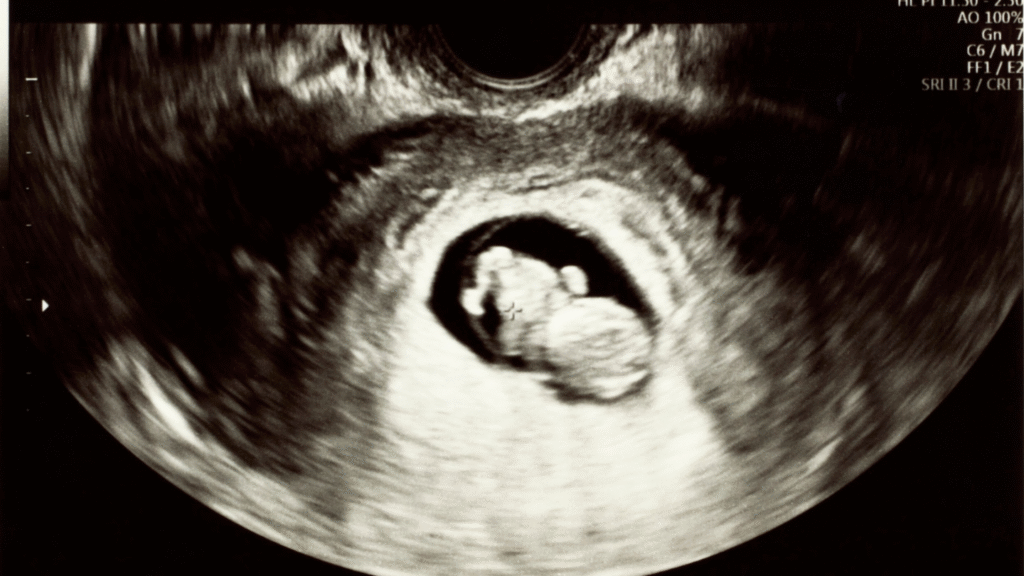
Symptoms of Anemia During Pregnancy
Anemia in early pregnancy may not show obvious symptoms or may have mild signs, but as the pregnancy progresses, symptoms can become more pronounced. Common symptoms associated with anemia include:
- Fatigue and Exhaustion: Due to reduced oxygen reaching tissues.
- Pale Skin: A result of low hemoglobin levels.
- Dizziness or Lightheadedness: Particularly when standing up or moving quickly.
- Shortness of Breath: Even during simple activities like climbing stairs.
- Increased Heart Rate: As the heart works harder to compensate for the lack of oxygen.
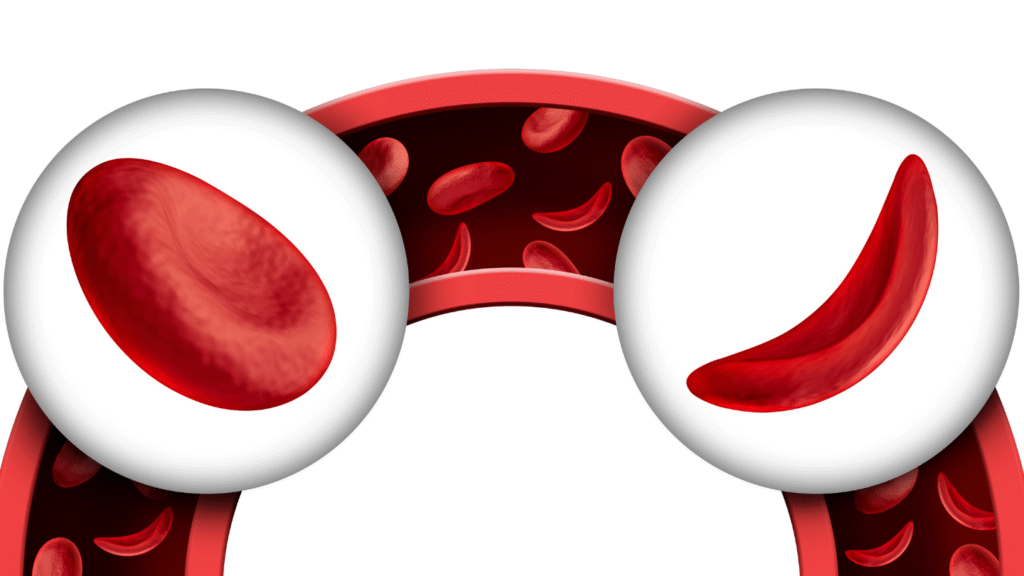
The Importance of Iron for Pregnant Women
Iron is essential for maintaining the health of both the pregnant woman and the fetus. Some key benefits of iron during pregnancy include:
- Production of Hemoglobin: Iron helps in the production of hemoglobin, which carries oxygen to vital tissues and organs. Without iron, the body cannot produce enough hemoglobin.
- Support for Fetal Growth: The fetus requires iron to produce red blood cells, contributing to the development of the brain and vital organs.
- Prevention of Pregnancy Complications: Iron helps reduce the risk of complications such as premature birth or low birth weight.
- Improvement of Energy Levels: Iron contributes to reducing feelings of fatigue and exhaustion that may accompany pregnancy due to insufficient oxygen reaching the organs.
Ingredients Haemovit Chewable Tablets
Haemovit Chewable Tablets is an important supplement that can help pregnant women prevent anemia and support their overall health during pregnancy. This product features a balanced formula that contains iron, along with essential vitamins and minerals such as Vitamin C, folic acid, Vitamin B12, and zinc. These components work together to provide:
- Prevention of Anemia: Haemovit contains iron, which helps boost hemoglobin production in the blood, reducing the risk of anemia, a common issue during pregnancy.
- Immune System Support: Haemovit contains Vitamin C and zinc, which contribute to strengthening the immune system, helping the body resist infections and illnesses that may weaken health during pregnancy.
- Improved Iron Absorption: The presence of Vitamin C in Haemovit enhances the absorption of iron, making the supplement more effective in preventing anemia.
- Boosting Energy and Endurance: Haemovit helps alleviate fatigue and exhaustion by increasing iron levels, thus improving overall energy levels for the pregnant woman.
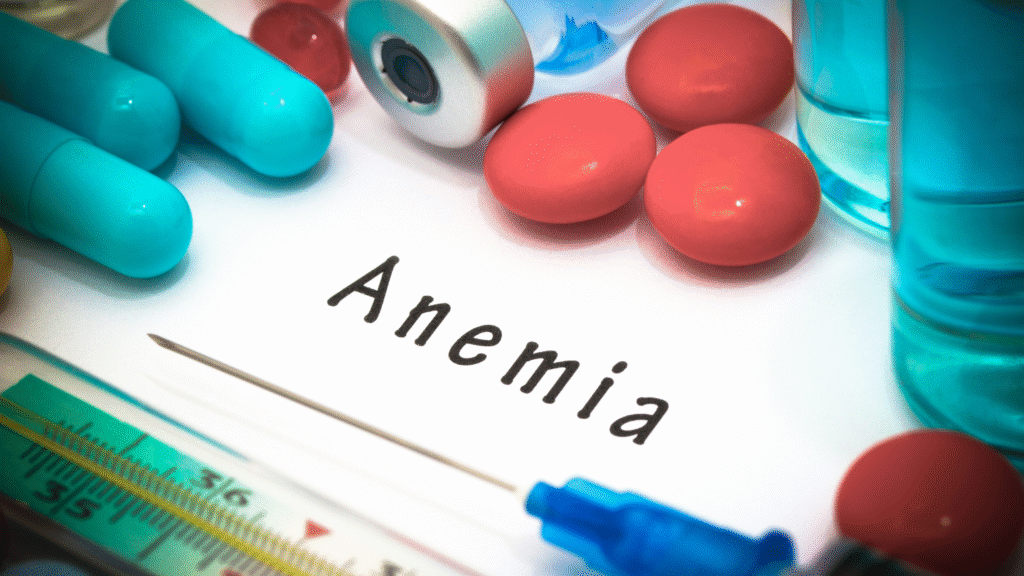
Sources of Iron
To meet the body’s iron requirements, pregnant women should consume iron-rich foods. There are two types of iron: heme iron (found in animal sources) and non-heme iron (found in plant-based sources). Iron-rich foods include:
- Red Meat such as beef.
- Poultry such as chicken.
- Fish such as tuna and sardines.
- Legumes such as lentils and beans.
- Leafy Vegetables such as spinach.
Tips for Improving Iron Absorption
- Consume Vitamin C: Vitamin C helps improve the absorption of non-heme iron from plant sources. Foods rich in Vitamin C, such as oranges or bell peppers, can be eaten alongside iron-rich foods.
- Avoid Drinking Tea or Coffee with Meals: Tea and coffee contain compounds that can reduce iron absorption.
- Balanced Intake: It is better to consume adequate iron throughout the day in moderate amounts rather than in large doses at once, to minimize side effects like constipation.
- Nuts such as almonds and pistachios.
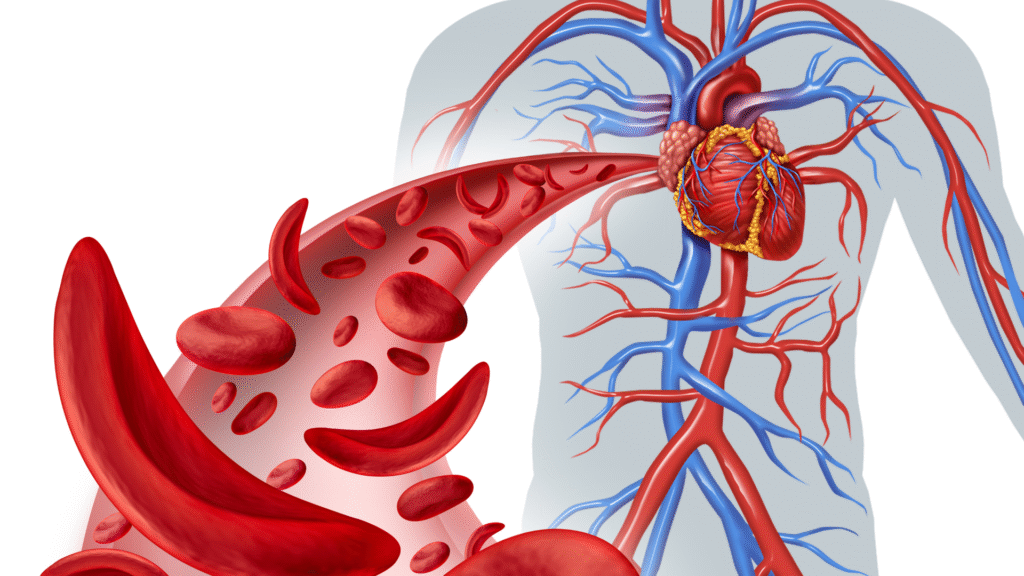
Prevention and Treatment
It is important for pregnant women to regularly monitor their iron levels during pregnancy. If a pregnant woman is diagnosed with anemia, the doctor may recommend taking iron supplements. Taking supplements like Haemovit can help restore normal iron levels and improve overall health.
Conclusion
Iron deficiency anemia is a common health issue during pregnancy that requires special attention. Iron is not only essential for the production of hemoglobin but also plays a crucial role in maintaining the health of both the pregnant woman and the fetus. By following a balanced diet rich in iron and using supplements like Haemovit Chewable Tablets, pregnant women can reduce the risks of anemia, support their immune system, and ensure a healthy and safe pregnancy.



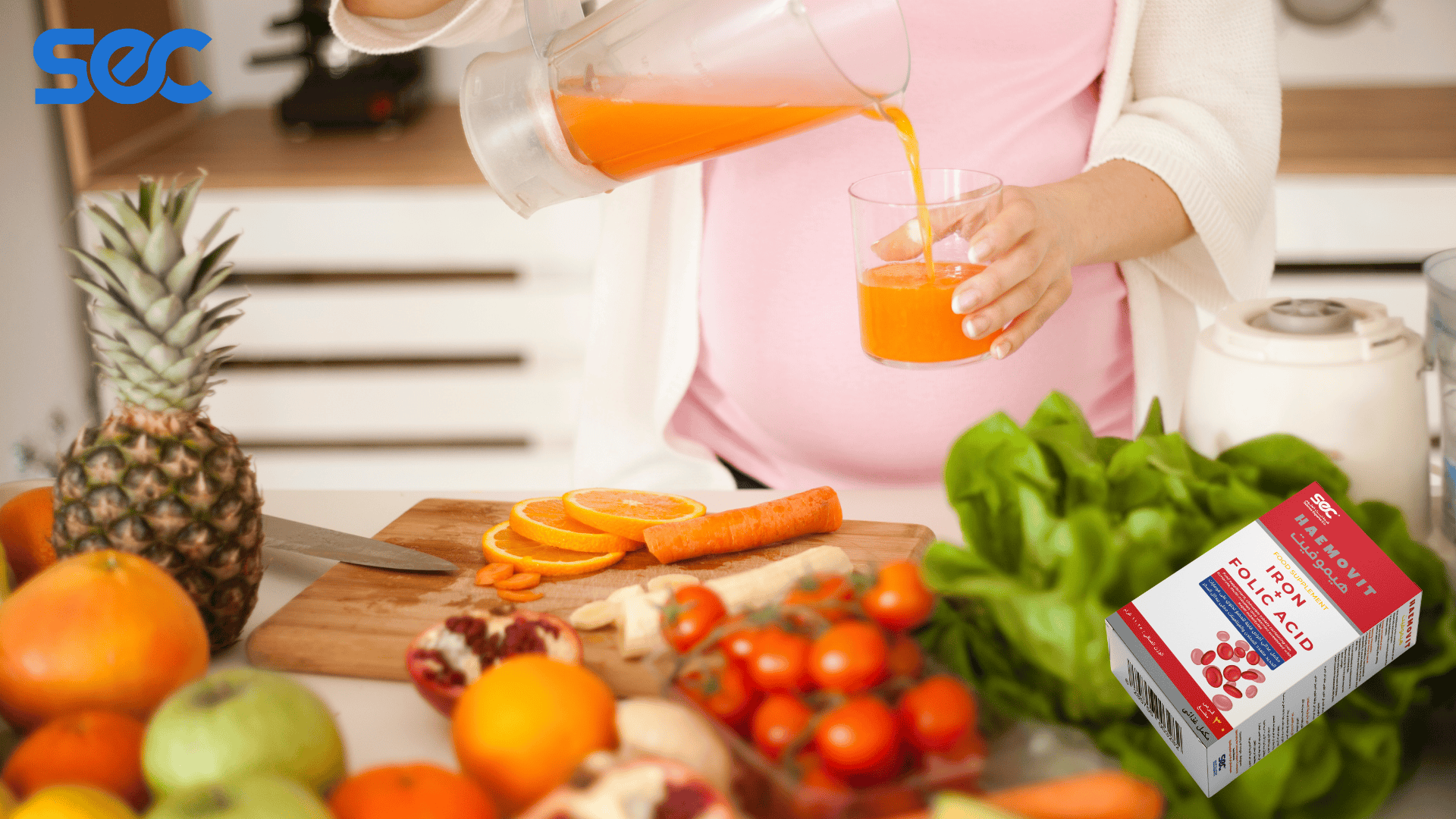



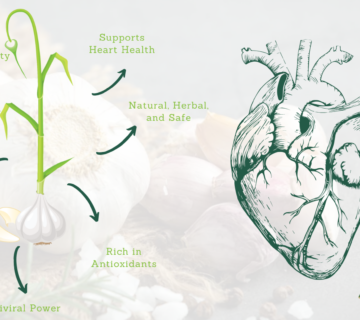
No comment